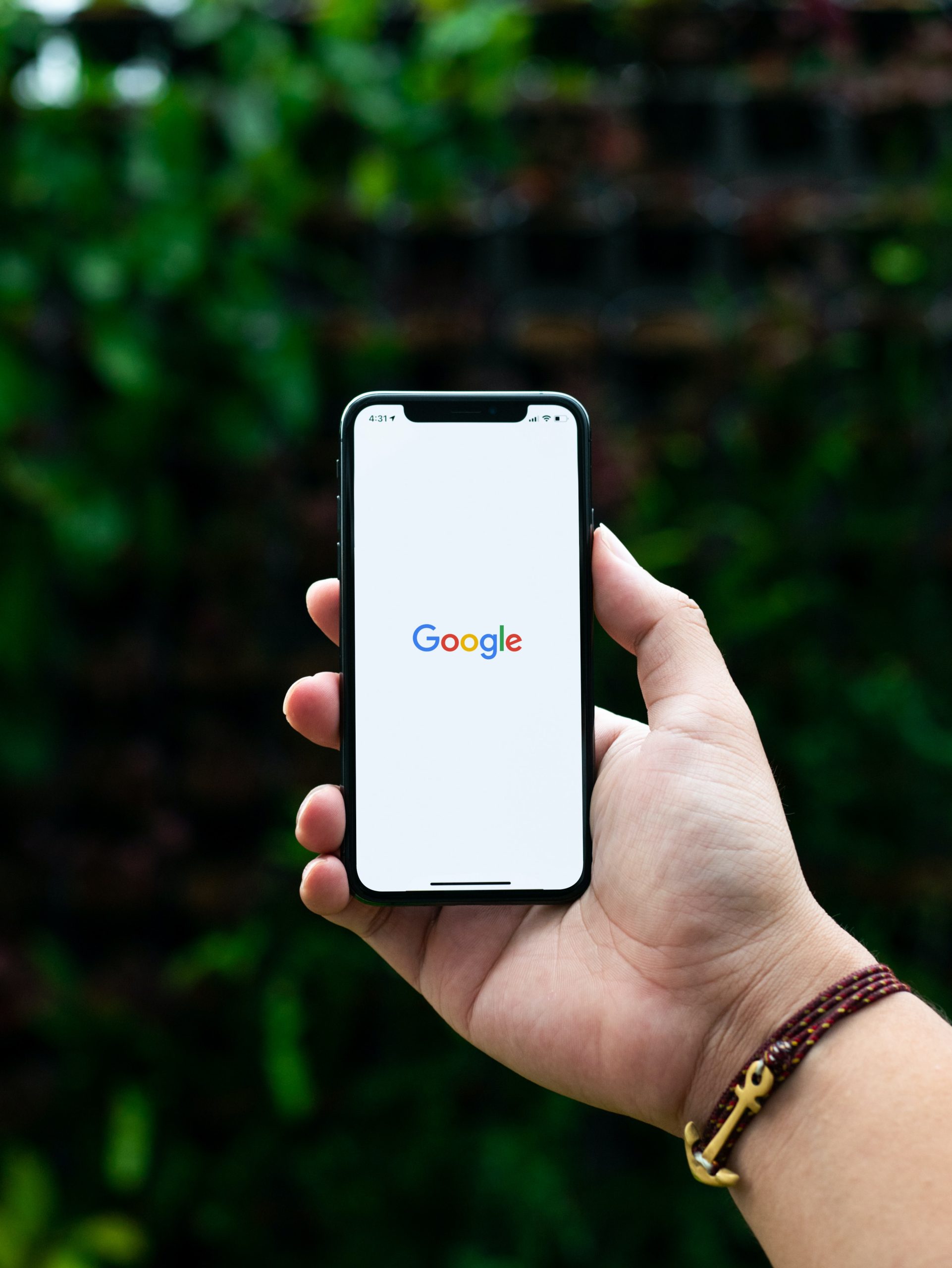Have you ever wondered what goes on inside the mind of one of the most influential tech leaders in the world? Well, wonder no more! In this blog post, we’ll take a deep dive into Sundar Pichai’s visionary plans for artificial intelligence at Google. From self-driving cars to intelligent personal assistants and beyond, Pichai has big ideas that are sure to revolutionize the way we live and work. So fasten your seatbelts and get ready for an exciting journey inside Sundar Pichai’s mind!
What is A.I.?
A.I. stands for artificial intelligence. There are many different forms of artificial intelligence, but the basis for each one is feeding a computer data until the computer has the ability to recognize patterns. That said, there are different schools of thought on how best to get computers to achieve this pattern recognition. Some believe that it’s best to give the computer a ton of data and let it sort through it itself (this is called supervised learning). Others believe that it’s better to give the computer a few examples of what you want it to do and then have it try to generalize from there (this is called unsupervised learning).
In general, A.I. can be used for two things: understanding or completing tasks. When it comes to understanding, A.I. can be used for things like facial recognition or natural language processing. Completing tasks is where A.I.-powered robots come in – they can be used for things like vacuuming your house or driving your car.
One of the goals of A.I. research is creating artificial general intelligence, or AGI. This refers to a computer that has human-level intelligence – meaning it could understand or complete any task that a human could, given enough time and data. This is still very much a goal rather than a reality, but AGI would have huge implications if achieved.”
What is Google’s Plan for A.I.?
Google has been on the forefront of artificial intelligence (A.I.) development for years, and its C.E.O., Sundar Pichai, is doubling down on the company’s commitment to the technology. In a recent interview, Pichai laid out his vision for how A.I. will shape the future of Google—and the world.
Pichai believes that A.I. will have a profound impact on all aspects of our lives, from the way we work and communicate to the way we drive and even care for our health. He sees A.I. as a tool that can help us solve some of the world’s most pressing problems, such as climate change and disease outbreaks.
To realize this vision, Google is investing heavily in A.I.. The company has already made significant progress in areas like machine learning and natural language processing, and it is now turning its attention to developing new A.I.-powered products and services.
In the short term, Google plans to use A.I.. to improve its existing products and make them more useful for users. For example, Pichai says that Google Maps will soon be able to proactively suggest routes based on real-time traffic conditions, rather than just giving you static directions like it does today.
In the long term, Pichai envisions a future where A..
What are the Pros and Cons of Google’s A.I. Plan?
There are many pros and cons to Google’s A.I. plan. On the pro side, Google’s A.I. plan could potentially revolutionize the way we interact with technology. For example, imagine a future where you can ask your smartphone a question and it will give you an answer based on artificial intelligence rather than just searching the internet for keywords. This would be a huge advance in the way we use and think about our devices. Additionally, Google’s A.I. could also help improve things like translations and search results by providing more accurate results that are tailored to each individual user. Finally, by creating better algorithms and technologies, Google’s A.I. could help make our devices smarter and more efficient overall.
On the con side, there are some potential privacy concerns that come along with Google’s A.I.. For example, if your device is constantly monitoring your behavior and collecting data about you, how will this information be used? Will it be used to target ads at you? Will it be shared with other companies? There are also concerns about whether or not artificial intelligence will ultimately take away jobs from humans as they become increasingly replaced by machines that can do things faster and more efficiently. Additionally, as artificial intelligence gets smarter, there is a risk of it becoming uncontrollable and even dangerous if it is not properly supervised and managed
How will A.I. Change the Future?
A.I. is set to revolutionize the world as we know it. From transforming how we work and live, to the way we think and interact with one another, A.I. will change everything.
Some of the key ways that A.I. will change the future include:
1. Transforming how we work: A.I. will automate many tasks and processes that are currently carried out by human workers. This will result in increased efficiency and productivity, as well as reduced costs for businesses across all industries.
2. Transforming how we live: A.I.-enabled devices and appliances will become increasingly commonplace in our homes and everyday lives. They will perform a variety of tasks for us, from cooking and cleaning to providing entertainment and companionship.
3. Transforming how we think: A
Conclusion
Sundar Pichai is a visionary leader who has a clear vision for the future of artificial intelligence. His ideas are bold and innovative, but also rooted in practical reality. As he works to bring his ambitious plans to fruition, we can all look forward to seeing how AI will revolutionize our lives and businesses over the next few years. It’s exciting to watch what Google C.E.O., Sundar Pichai, has planned for us on this journey into the unknown world of modern technology!









